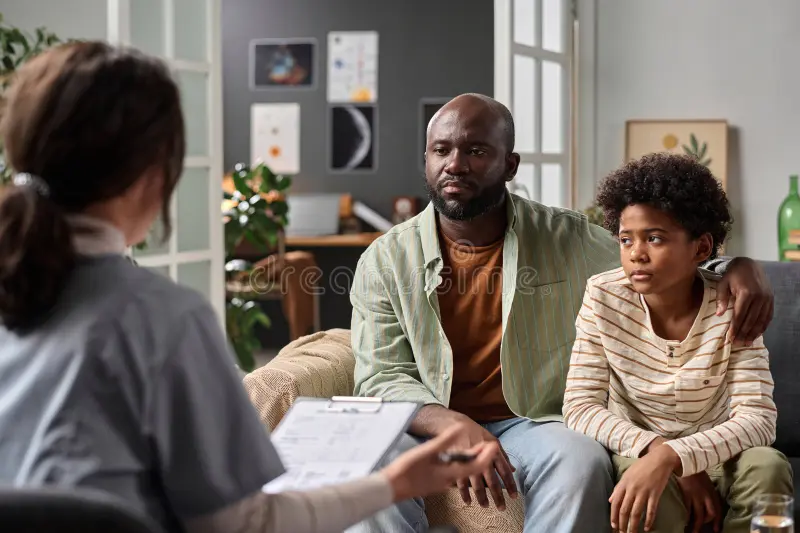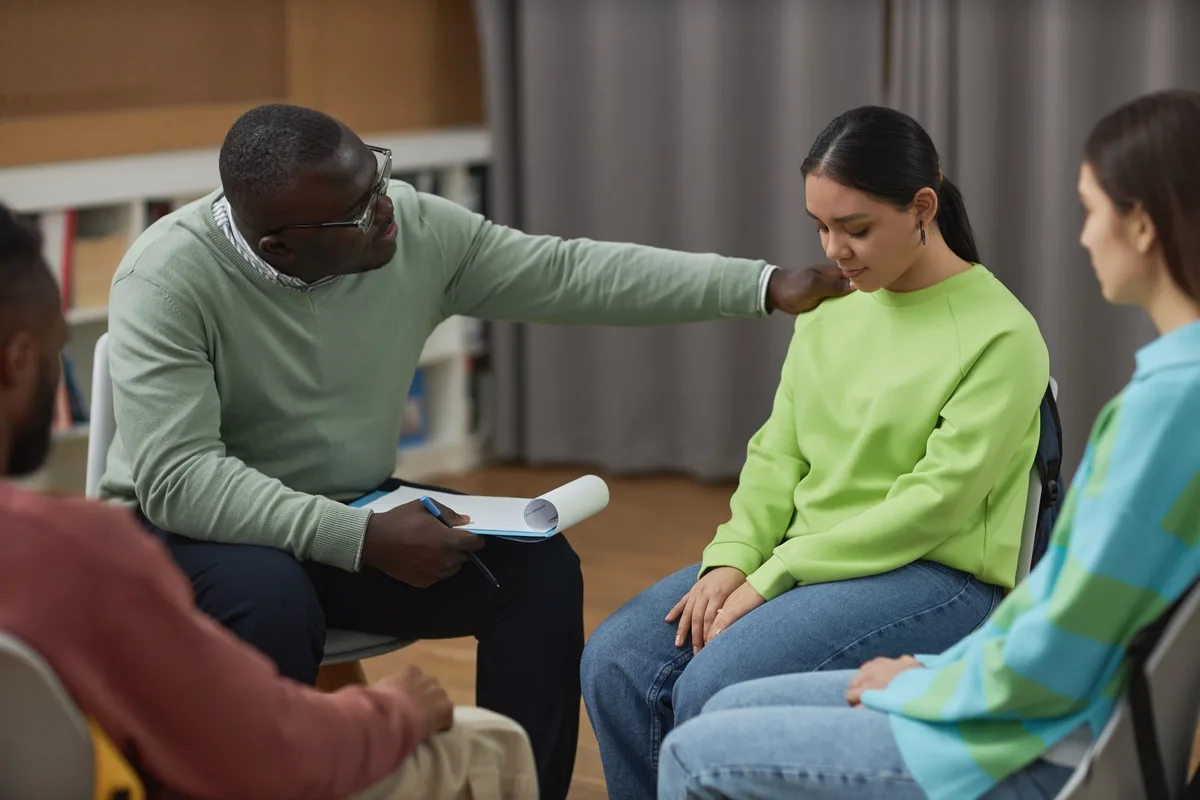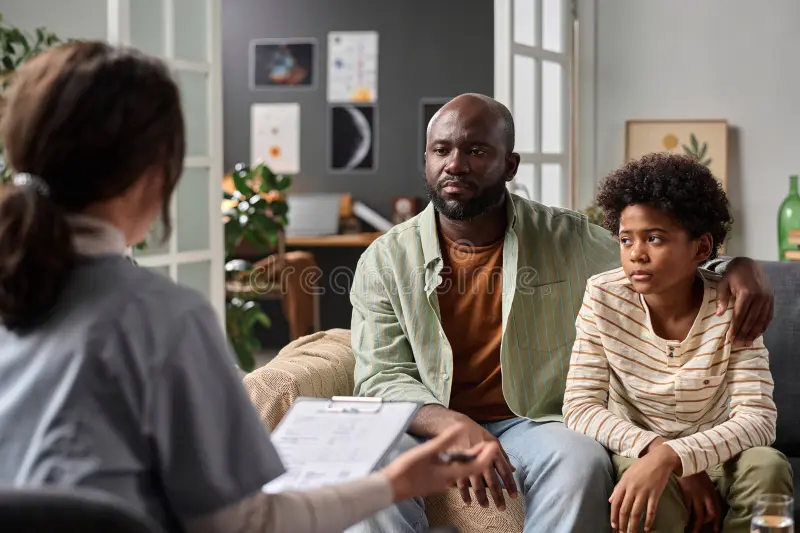24/7 Helpline:
(866) 899-221924/7 Helpline:
(866) 899-2219
Learn more about Group Therapy centers in Burnett County

Other Insurance Options

ComPsych

United Health Care

Holman Group

BHS | Behavioral Health Systems

State Farm

Highmark

MVP Healthcare

CareFirst
Beacon

Ambetter

American Behavioral

Evernorth

Meritain

WellPoint

Lucent

Coventry Health Care

Excellus

Absolute Total Care

Health Choice

BlueShield




















Families First Counseling
Families First Counseling is a private rehab located in Siren, Wisconsin. Families First Counseling ...

Aurora Community Counseling – Siren
Aurora Community Counseling – Siren is a private rehab located in Siren, Wisconsin. Aurora Community...

Northwest Counseling – Siren
Northwest Counseling – Siren is a private rehab located in Siren, Wisconsin. Northwest Counseling – ...















